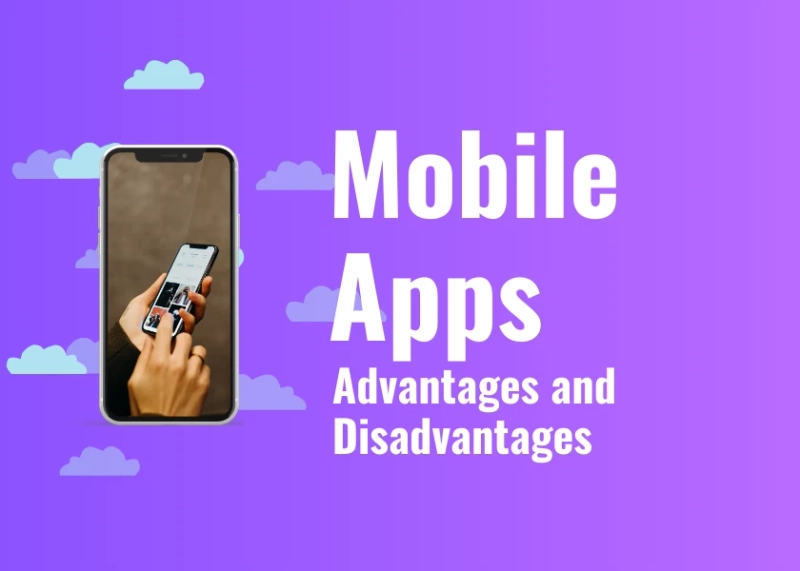In today’s digital era, mobile apps have become an integral part of our daily lives. From shopping and banking to fitness and education, there's an app for everything. Businesses, too, are leveraging mobile apps to reach and engage their customers more effectively. If you're considering developing a mobile app for your business, it's important to understand both the benefits and drawbacks. Partnering with an experienced app development company can help you navigate these challenges and make informed decisions.
Advantages of Mobile Apps
1. Enhanced User Experience
Mobile apps provide a smoother, faster, and more personalized experience compared to websites. They are designed to function seamlessly on mobile devices, making navigation and usability much more efficient.
2. Offline Accessibility
Unlike websites, many apps can work partially or fully offline. This is particularly useful in areas with poor internet connectivity, helping businesses maintain user engagement even when users are offline.
3. Push Notifications
Apps allow businesses to send push notifications directly to users’ devices. This feature is invaluable for marketing campaigns, reminders, and updates, ensuring higher engagement and conversions.
4. Brand Visibility and Recognition
Having a mobile app enhances your brand's visibility. An icon on the user's home screen keeps your brand top-of-mind, leading to increased loyalty and frequent usage.
5. Better Performance and Speed
Apps are generally faster than mobile websites because they store data locally and are optimized for mobile use. This speed contributes to better user satisfaction and retention.
Disadvantages of Mobile Apps
1. High Development and Maintenance Costs
Developing a high-quality mobile app can be expensive. In addition to the initial development, regular updates, bug fixes, and platform-specific adjustments add to the long-term costs.
2. Platform Dependence
Apps need to be developed separately for iOS and Android, or built using cross-platform frameworks. This increases complexity and cost unless managed by a skilled app development company.
3. Approval and Compliance Issues
Publishing apps on platforms like the Apple App Store or Google Play Store involves rigorous approval processes. Ensuring compliance with platform guidelines can be time-consuming.
4. Storage and Device Compatibility
Apps take up storage space on users’ devices. If an app is too large or incompatible with older devices, users might be discouraged from downloading or using it.
5. Marketing and User Acquisition Challenges
Even a great app can struggle if not marketed well. Gaining visibility among millions of apps requires a robust user acquisition strategy and ongoing promotional efforts.
Final Thoughts
While mobile apps offer immense potential for business growth and customer engagement, they also come with challenges. The key is to weigh the pros and cons carefully. A reputable app development company can guide you through each stage of the process — from ideation and design to development, launch, and post-launch support — ensuring that your investment delivers maximum ROI.
Whether you're a startup or an established brand, investing in the right app strategy can help you stay ahead in the mobile-first world.


